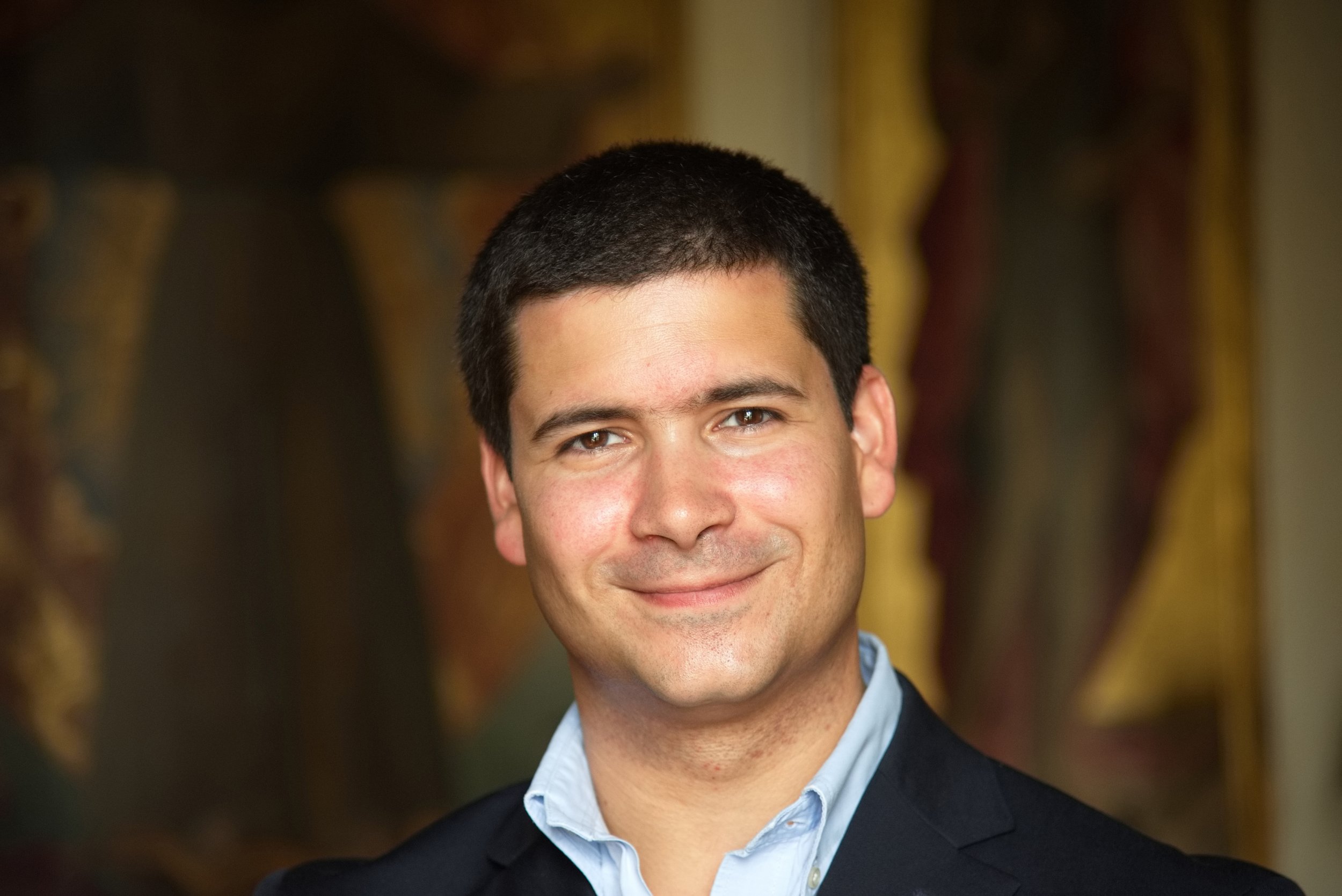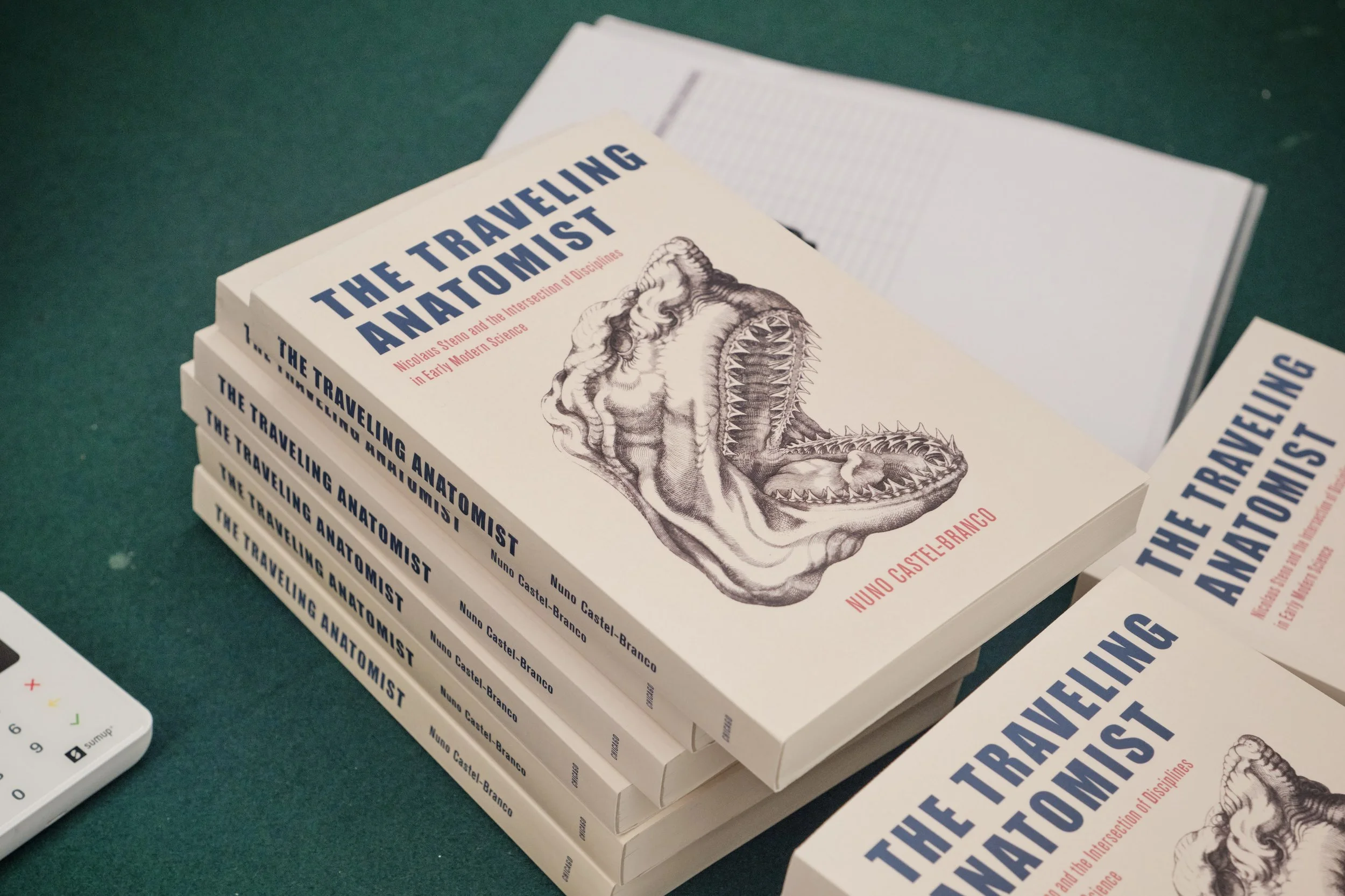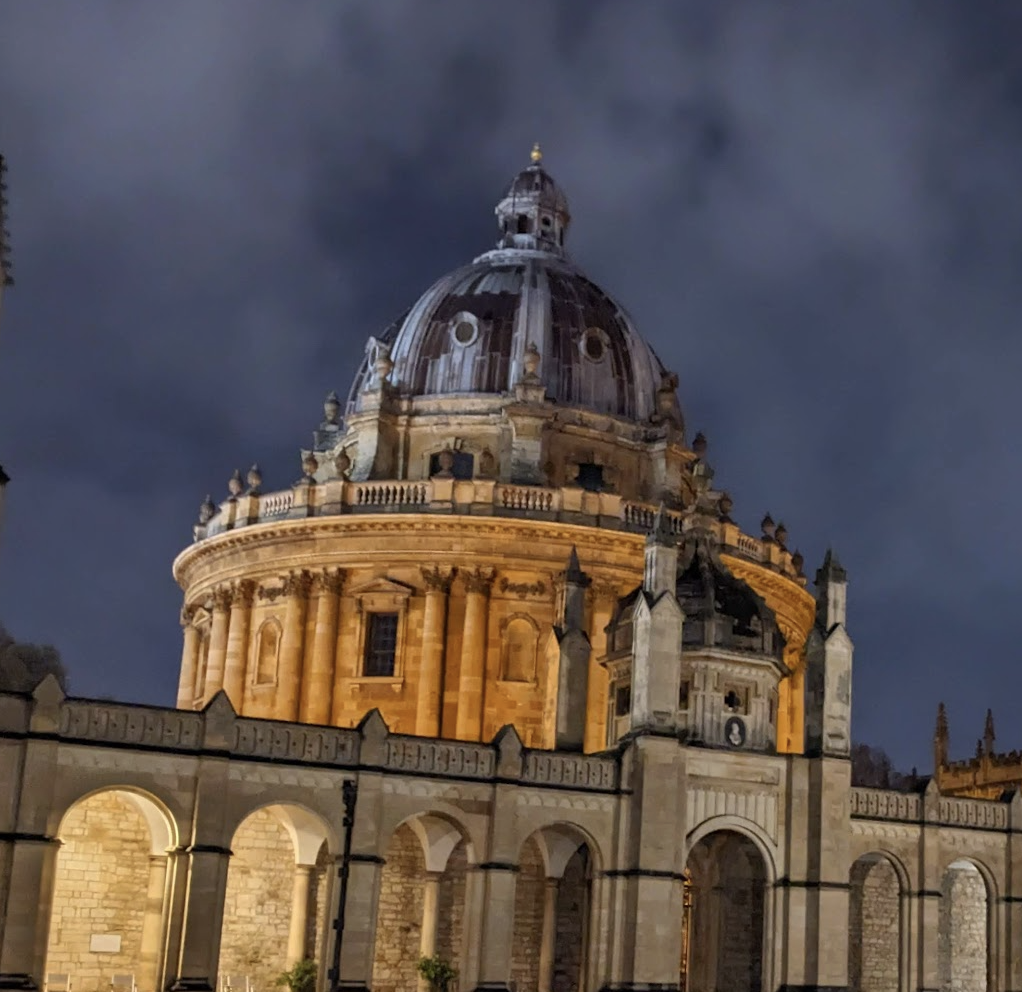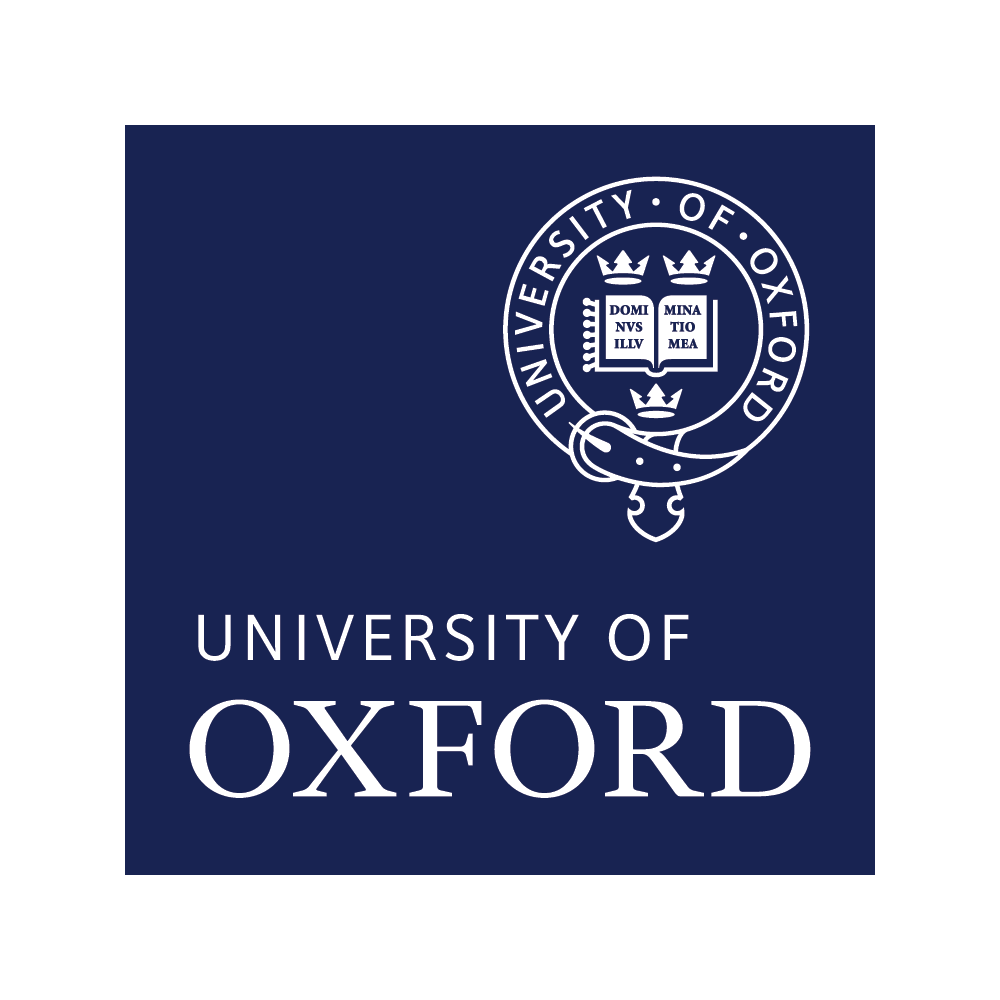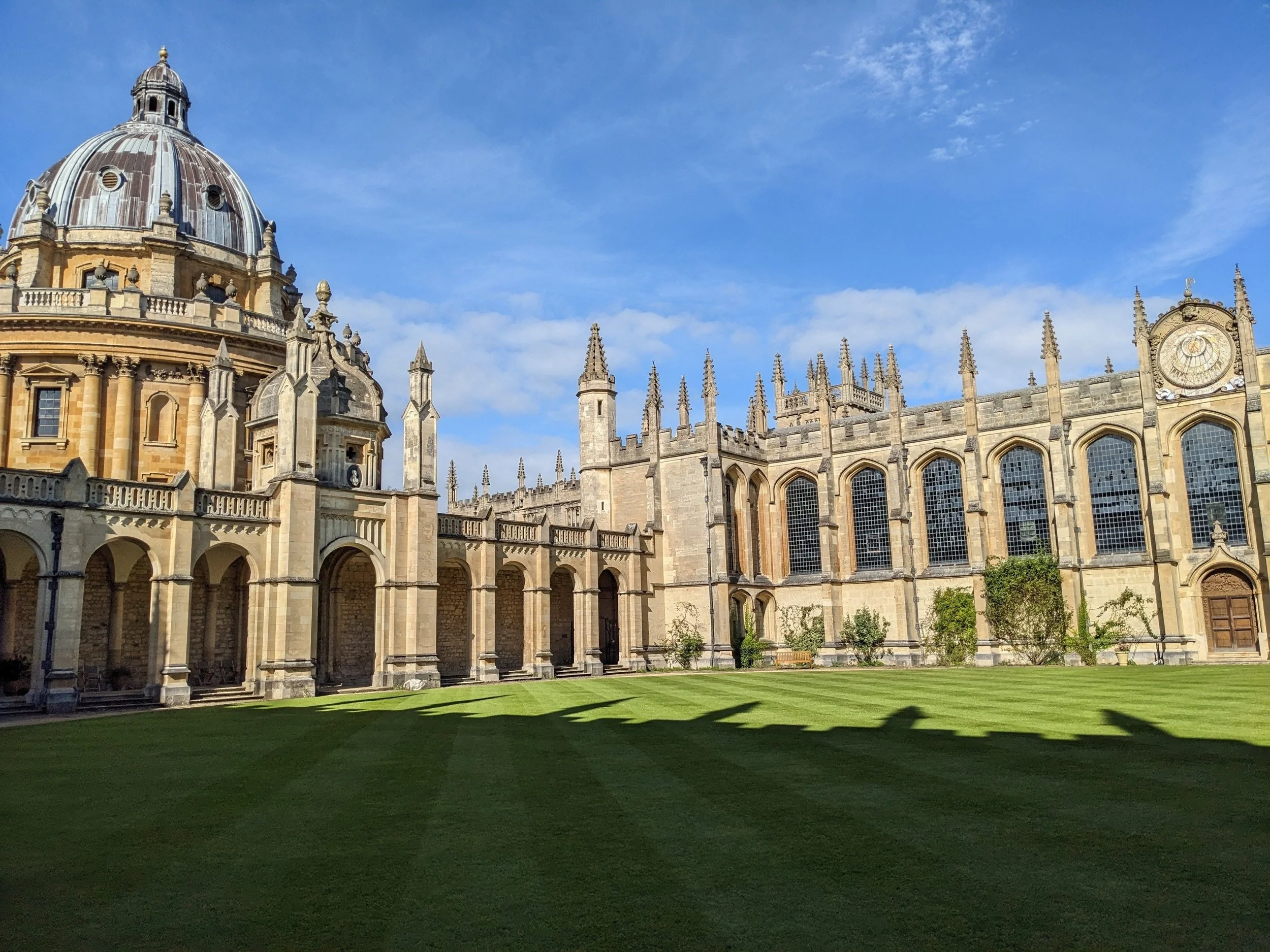All Souls College, University of Oxford
Author, Historian of Science
Nuno Castel-Branco
Book
The Traveling Anatomist
The University of Chicago Press
Public Writing
Wall Street Journal
Washington Post
Scientific American
Research Fellow
All Souls College, Oxford
Former Fellow at
I Tatti (Harvard Univeristy)
Max Planck Institute (Germany)
Who I Am
I am a historian of science at All Souls College, Oxford.
I did my PhD at Johns Hopkins University.
Before becoming a historian, I also studied Physics at Tecnico Lisbon, the leading STEM university in Portugal.
I now study science in the early modern period — when scientific inquiry intersected with religion, culture, and everyday life.
More broadly, I write about the human stories that underlie the emergence of modern science.
Recent Updates
Writing
“History shows Pope Leo is right to offer guidance on AI” — Washington Post
“Stories of Science: An Introduction” — Stories of Science
“Thinking the Earth with the Body” — Isis 115 (2), 312-334
“Galileo and the Pandemic” — Wall Street Journal
Galileo and the Pope Fell Out Over a Cicada Story — Scientific American
Talks & Other Highlights
The Anatomy of a Conversion, Science & Religion Seminar, Oxford — March 2026
The Galileo Affair and Why It Still Matters, St. Michael’s Hall, Oxford — February 2026
A Discussion on The Traveling Anatomist, All Souls College, Oxford — November 2025
Problematizing Polymathy, Princeton University — October 2025
The Anatomy of a Conversion, Harvard University — September 2025
